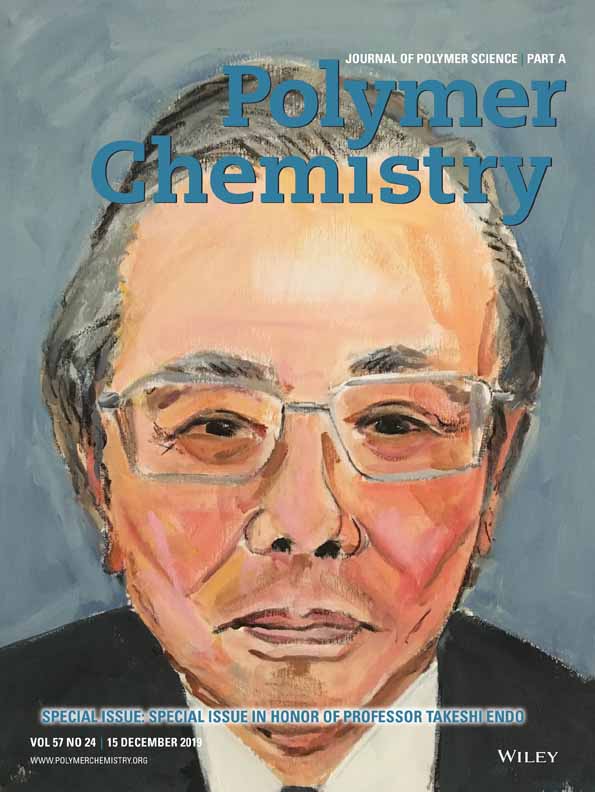The polymerization rate of freshly nucleated particles during emulsion polymerization with micellar nucleation
Abstract
A simple procedure was developed to account for the contribution of freshly nucleated particles to the total polymerization rate during micellar nucleation. It has been shown that the polymerization rate of the freshly nucleated particles cannot be described by a steady-state solution for a radical population balance over the particle size distribution, i.e., the classical Smith-Ewart recursion relation. Once nucleated, the particles grow for a significant period of time with one radical before either radical desorption or radical absorption, followed by instantaneous bimolecular termination, occur. For most emulsion polymerizations, radical desorption is the dominant process for radical loss of the freshly nucleated particles. A relation for the mean time that the freshly nucleated particles grow with one radical was derived. © 1996 John Wiley & Sons, Inc.




